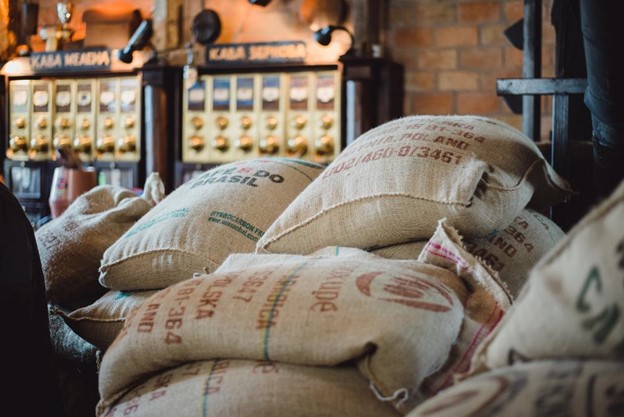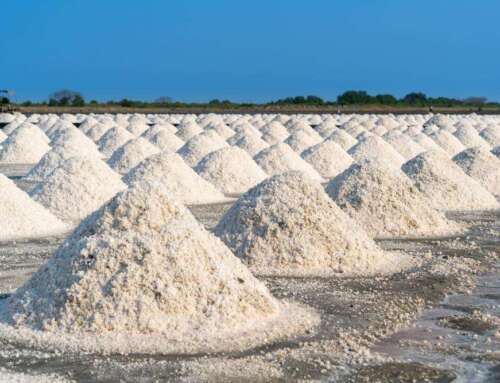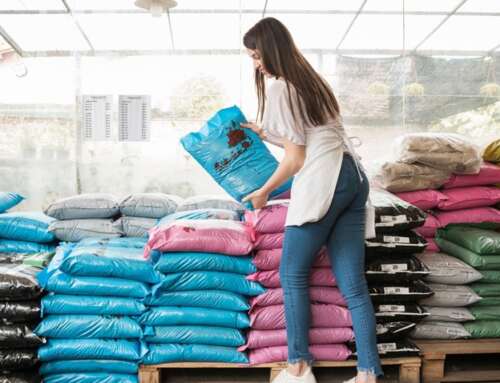The rice industry is critical to global food security, providing sustenance for nearly half of the world’s population. As such, the wholesale rice distributors’ role is integral to this sector’s sustainability and profitability. This article offers an in-depth analysis of how businesses can identify and collaborate with the right wholesale rice distributors, with a specific focus on SRP rice from Pakistan and the role of AKC Commodities as a leading rice importer in the USA.
Understanding the Global Rice Distribution Landscape
Rice distribution operates on a global scale, with numerous key players involved in the process. These include rice cultivators, processors, exporters, and distributors. The success of this supply chain relies heavily on the effectiveness and reliability of wholesale rice distributors, who act as intermediaries between rice producers and retailers.
In Asia, a major rice-producing region, the role of wholesale rice distributors is particularly significant. Countries like India, Thailand, and Vietnam are major exporters, with millions of metric tons of rice dispatched annually to international markets.
These countries host a multitude of wholesale rice distributors, who cater to the rising global demand for different rice varieties, including aromatic, Indica, Japonica, and glutinous rice.
However, the distribution of rice is not confined to Asia. Other regions, including the USA, also have an active rice distribution sector. For instance, AKC Commodities, a renowned rice importer in the USA, has a vast network of wholesale rice distributors and is a key player in the global rice distribution scene.
Importance of Sustainable Rice Production: Spotlight on SRP Rice Pakistan
As the demand for rice continues to surge globally, sustainable rice production becomes paramount. One initiative leading the charge in this regard is the Sustainable Rice Platform (SRP), a multi-stakeholder alliance that promotes resource efficiency and sustainability in rice cultivation.
The SRP initiative is being enthusiastically adopted in Pakistan, a country that contributes significantly to global rice production. The cultivation of SRP rice in Pakistan not only boosts rice production but also positively impacts the environment, climatic conditions, and workplace standards. SRP Rice Pakistan is thus a promising venture for businesses looking to invest in sustainable and high-quality rice.
Role of AKC Commodities in Promoting Sustainable Rice
AKC Commodities is a key player in the global rice industry, championing the cause of sustainable rice production. The company is known for importing high-quality SRP rice from Pakistan, which is produced, processed, and packed under the strictest regulations for farming, machinery, processing, and packaging.
AKC Foods is committed to providing consumers with safe, high-quality, and nutritious rice, while also playing a significant role in promoting sustainable practices in the rice industry. This commitment extends to supporting Pakistani farmers and producers, fostering a network of partners that uphold the highest standards of quality and environmental responsibility.
Selecting the Right Wholesale Rice Distributor: Key Considerations
Choosing the right wholesale rice distributor is crucial for businesses in the rice industry. Here are some key factors to consider:
Reputation and Credibility
Reputable wholesale rice distributors typically have transparent business operations and necessary qualifications, such as business permits and rice certificates (e.g., ISO or HACCP). They also have a history of successful collaborations with customers, which can be verified through testimonials and customer reviews.
Pricing and Payment Terms
The pricing offered by wholesale rice distributors should be competitive, reflecting the current market rates. Suspiciously low prices may indicate a scam. Also, it’s important to understand the payment terms. Reputable distributors typically do not insist on early payment before product delivery.
Location and Accessibility
The location of the wholesale rice distributor is also an important consideration. Distributors located in major rice-producing areas, such as Asia and the USA, are likely to have a stable supply chain, ensuring consistent availability of rice for retailers.
Product Range
The type of rice offered by the distributor is another factor to consider. Distributors offering a wide range of rice varieties, including SRP rice Pakistan, are likely to cater to a larger market segment.
How to Engage with a Wholesale Rice Distributor: A Step-by-Step Guide
Engaging with a wholesale rice distributor involves a series of steps:
- Initial Contact: The buyer sends a Letter of Intent (LOI) detailing their specific rice requirements.
- Negotiations: The distributor responds with a Full Corporate Offer (FCO), and both parties negotiate to finalize the agreement.
- Contract Signing: Both parties agree on prices, payment terms, and packaging requirements, and a contract is signed.
- Delivery: The distributor prepares the rice for shipment, which typically takes 2-4 weeks. Both parties are responsible for tracking the shipment.
- Post-delivery: Upon receiving the goods, the buyer checks the rice quantity and quality, and provides feedback to the distributor.
Top Wholesale Rice Distributors:
Several wholesale rice distributors have established a strong global reputation. These include:
- AKC Commodities: A leading rice importer in the USA, known for promoting sustainable rice, including SRP rice Pakistan.
Conclusion
Choosing the right wholesale rice distributor is a crucial business decision. It requires careful consideration of various factors, including the distributor’s reputation, product range, pricing, location, and sustainability practices.
With the rise in demand for sustainable and high-quality rice varieties, distributors like AKC Commodities, which promote sustainable rice production and import SRP rice from Pakistan, are becoming increasingly attractive for businesses looking to positively impact global food security and sustainability.
As the global rice industry continues to evolve, businesses must stay adaptable and informed, ready to seize new opportunities and forge partnerships that will help them thrive in this competitive market.



Leave A Comment